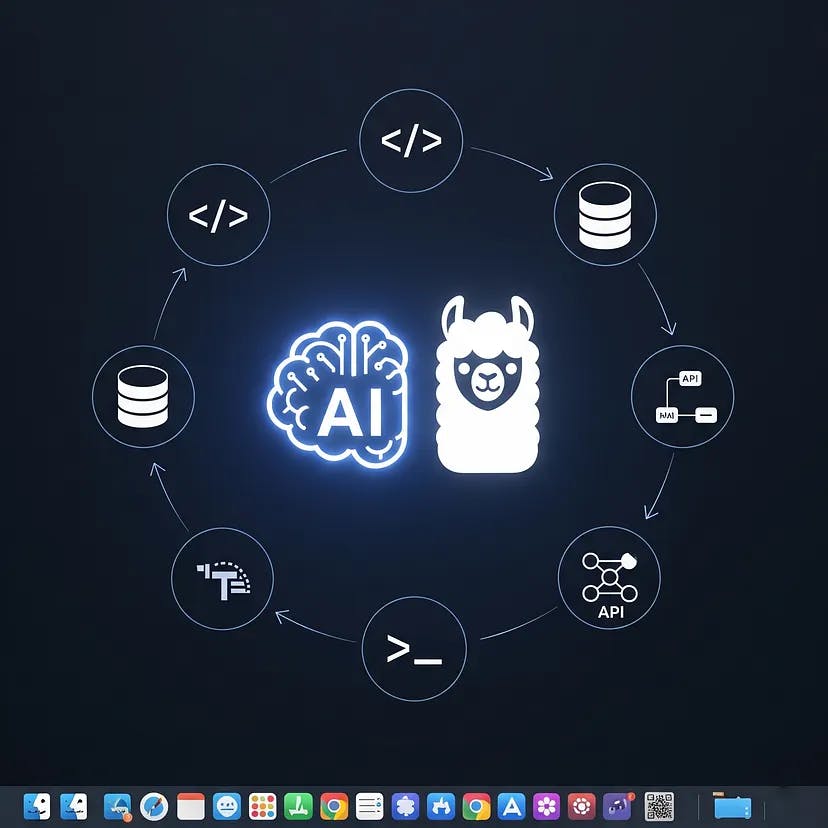Asset Chain, a Nigerian blockchain infrastructure company, has launched its eponymous blockchain, a Layer-1 (L1) network built to provide a safer and faster way for Nigerians to trade digital assets and real-world assets—like property or commodities—directly with each other, without relying on middlemen or traditional banks.
The launch introduces a new decentralised exchange (DEX) where users can trade between USDT, a dollar-backed stablecoin issued by Tether, and cNGN, a Naira-backed stablecoin. The company says its DEX is “gasless,” meaning users do not pay transaction fees.
“Traders will buy USDT with cNGN without talking to anyone, and settlement is instant. Also, traders don’t pay gas fees. It is free of charge (sponsored) on Asset Chain,” said Ugochukwu Aronu, the company’s CEO and co-founder.
Nigeria’s crypto market accounted for $59 billion in transactions in 2024. A good chunk of these transactions happen on peer-to-peer (P2P) crypto exchanges, which are often untraceable due to their informal nature. Asset Chain is going after the P2P crypto market to solve common issues like fraud.
Asset Chain’s DEX uses smart contracts to automate trades, so buyers and sellers don’t have to trust each other or rely on a third party. When a user wants to trade, the smart contract checks the details and matches a buyer to a seller based on their pre-set conditions, then completes the exchange automatically.
Currently, 200 traders and liquidity providers have joined the DEX platform, and the company says hundreds more users are expressing interest. Asset Chain targets ₦100 billion ($65 million) in trading volume within its first 60 days.
An Asset Chain spokesperson told that the platform is designed to be easy to use and “offers a seamless experience similar to popular P2P exchanges but with added security and privacy, ensuring users control their funds at all times.”
The blockchain is currently invite-only, which the company says is to ensure that only serious users join at first, provide liquidity, and help test the system before opening it to everyone.
“It is invite-only, not because of the blockchain’s performance—that has been [tested and] verified already. It can handle over 20,000 transactions per second,” Aronu said.
Asset Chain has been testing its blockchain for years; in 2024, it launched its testnet and has been in beta. The permissionless blockchain is built to attract developers, joining other projects like Bantu that aim to capture value from keeping payments circulating within Africa. Yet, Asset Chain will need more crypto projects to build on its blockchain if it hopes to reach the scale and local impact it aims for.
The company wants to keep more payment value within Nigeria and Africa, rather than sending it to foreign platforms. When people put their cryptocurrencies and stablecoins into decentralised finance (DeFi) apps on blockchains like Base, Solana, or Ethereum, for example, by staking or adding to liquidity pools, the value of those assets is counted as total value locked (TVL) on the platform. TVL shows how much money is being used in these apps, and when it grows, it helps bring in more users and liquidity providers to these networks.
“Almost nothing comes to Nigeria, and it must change,” said Aronu. “We can’t just keep contributing to other blockchains and platforms without getting any value in return. We must have our own infrastructure that attracts and captures value globally.”
Beyond digital currencies, Asset Chain plans to allow users to buy and sell tokenised versions of real-world assets, such as Nigerian real estate, agricultural products, and government bonds. This means people could own a fraction of an apartment or invest in crops, with all transactions recorded on the blockchain.
“We have a partnership with Risevest to allow everyday people in Nigeria or diaspora to invest and earn up to 15% yield annually,” Aronu said. To ensure these digital tokens match real-world assets, Asset Chain requires asset issuers to go through strict identity checks, insurance, and compliance. “We have a company called Assetbase that is already building this with the Asset Chain [blockchain],” he added.
If Asset Chain and its DEX platform unlock the kind of scale it envisions, it could bring more safety, transparency, and local control to Nigeria’s large, under-the-hood P2P trading market, while also opening the door for ordinary people to invest in assets that were previously out of reach.
Mark your calendars! Moonshot by is back in Lagos on October 15–16! Join Africa’s top founders, creatives & tech leaders for 2 days of keynotes, mixers & future-forward ideas. Early bird tickets now 20% off—don’t snooze! moonshot..com










